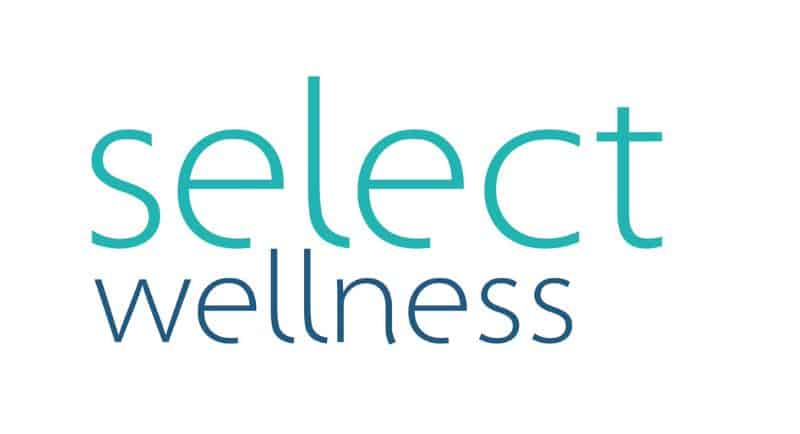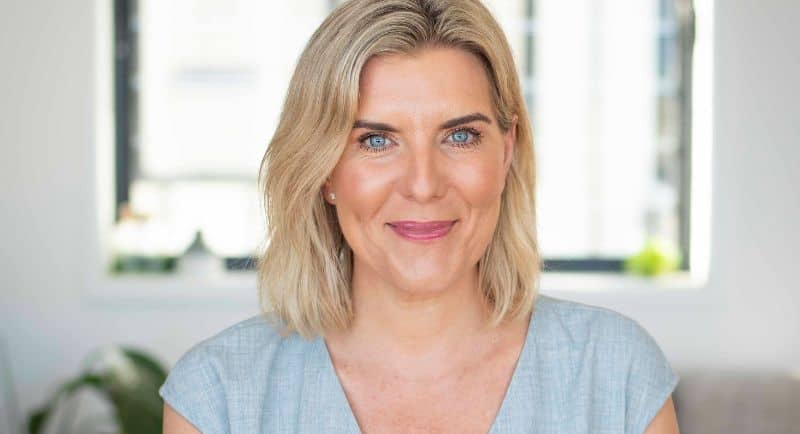Select Wellness delivers strategic services that empower, engage, and energise employees with tailored preventative and proactive interventions to support mental health and wellbeing.
The company was founded by Camilla Thompson and Martine Beaumont seven years ago. Their time has provided leader wellbeing programs, workshops, and coaching services to employees from companies such as Atlassian, Canva, Microsoft, Woolworths and Optus.
Thompson, an ex-digital media employee, spoke to Mediaweek about mental health and wellbeing in the media and marketing space, how leaders should address burnout and stress, and her hopes for the industry in 2023.
Establishing Select Wellness and its work in the industry
Thompson juggled her career in media agencies while raising a young family but found herself experiencing what she described as “significant burnout.”
Her personal experience, paired with her coaching work on the side, inspired her to set up Select Wellness with Beaumont, whose background was in the mental health space.
Together they provide Employee Assistance Programs (EAP) with mental health specialists, counsellors, psychologists, and therapists to organisations.
“We set up Select Wellness about seven years ago, and the EAP side of our business has been going on for about 13 years. Over the years, we noticed that people weren’t interacting with EAP until the last minute.
“We wanted to do more of a prevention and proactive strategy for helping people. That’s why we do a lot of work in the wellbeing space. EAP is great, but it’s a safety net. We really want to catch people.”
Thompson noted that they had seen many missed opportunities for intervention along the way that could help people before they reached chronic stages of anxiety and depression.
Their boutique services include wellbeing coaching and check-in sessions, which Thompson described as proactive, 30-minute coaching sessions.
“In that session, an employee will bring up any aspects of their wellbeing they might be struggling with at the time. It might be something going on at work, but likely, it’ll be something that’s going on at home.
“In that session, we look at a plan. We want to give them motivation and support around how they can work through whatever they’re going through,” she explained.
Betterment Wellbeing
With low engagement rates in wellbeing programs, Select Wellness launched Betterment Wellbeing last year, a new approach designed to tackle toxic negativity and extreme burnout, which is rife in workplaces across Australia.
Thompson said that it was launched because many people were feeling a sense of hopelessness, powerlessness, and loss of control with the current state of the economy, skills shortage and demanding workloads.
“What we found is that people need a different mindset. We’ve gone through lots of different research and found that resilience is no longer enough.
“We’ve seen many people throwing resilience training at employees this year. People are resilient. We’ve got through the last three years; they don’t need more resilience training. There are things systemically that need to change within organisations. But what people need is hope,” she said.
Thompson explained that people need a solution-focused mindset set around feeling hopeful for the future.
Through the program, they will be doing more workshops and keynotes on educating people about becoming more self-aware, how they can practice better self-compassion, and how they can adopt a hopeful mindset.
“Betterment is just about being a little bit better. It’s not about trying to be your perfect version, which everyone struggles with. Betterment is about doing wellbeing your way. It’s not a one-size-fits-all,” she said.

Psychosocial Regulations
Select Wellness also did consult and advisory work for the Media Federation of Australia around the Psychosocial Regulations, which came into effect in New South Wales in October.
“This code of practice is about identifying psychosocial risks and hazards in the workplace, and all organisations in New South Wales have to follow this code of practice,” she said.
Thompson explained that the new regulations provide a streamlined approach to managing risks within media agencies. She also noted that it looks at how clients interact with media agencies, the expectations and that they are not causing psychosocial risks to the media agency employees.
The Psychosocial Regulations are currently in play in Queensland and will come into effect in Victoria this year.
“What we’re finding is that people are overwhelmed with wellbeing. Wellbeing initiatives and engagements are at an all-time low. It’s like another thing on their to-do list.”
How leaders should address burnout and stress
Thompson noted that role modelling displayed by those at the top would be key to helping the media and marketing industry improve how it addresses the wellbeing of people working in it.
Thompson said that leaders need to be aware of managing their wellbeing and that they are giving themselves permission to take breaks.
“We know all the research is pointing to micro-breaks during the day. We work through what’s called ultradian rhythms. Ultradian rhythm is where our brain and cognitive function. We have 90-minute cycles that we should be operating and working in.”
Thompson explained that micro-breaks allow the brain to have a bit of time to reset and recharge so that they can go on to the next task.
“We need to take breaks because otherwise our body goes into fight or flight, and we start producing a lot of adrenaline and cortisol. That’s when we start going into survival mode.”
Thompson said that many leaders tend to operate in a survival mode with back-to-back meetings, which she noted is detrimental to one’s wellbeing. “Leaders don’t have much left in the tank by the end of the day because they’re managing their people,” she noted.
Thompson reiterated that leaders can be effective role models by taking short breaks, switching off at weekends, and showing everyone got permission to take leave by taking leave.
“I know some agencies are doing amazing stuff around leave by giving people a sort of unlimited leave, which is great. It will be interesting to see how that works.”
Thompson also noted that they see people struggling to focus because they’re multitasking so much, saying it’s “not great for the brain as well.”
Thompson also added that leaders should be honest, show their vulnerable side, acknowledge if times are tough and reassure their team that they have each other’s back.
How the media and marketing industry can improve its approach to wellbeing
Thompson recalled data in the Mentally Healthy study that showed positive indications that there have been some changes over the last two years and that mental health has become a priority.
She noted that it was important for the industry to show genuine care, for leaders to be vulnerable in their storytelling and to allow people to feel safe to say, ‘I’m not okay’ and ‘I’m struggling’.
Thompson added that media agencies should proactively and preventatively look at how they mitigate risks, particularly psychosocial risks, and systemically look at how they’re operating and what’s sustainable for their people so that they don’t lose talent.
Thompson’s hopes wellbeing in the industry in 2023
Thompson was optimistic in her hopes for the industry in the year ahead, particularly when it came to changes as a result of new Psychosocial Regulations. She said: “I think it’s going to a lot of media agencies the opportunity to proactively look at how they support people so that there’s not so much of a crisis response with EAP.”
“EAP is no longer enough, so we’ve got to look at what we’re doing to support people before they get into crisis.”
Thompson noted that the industry should bring in more international talent to diffuse the pressure on the war for talent. “In media, we really rely on the Europeans, a lot of the UK and the US. So really hoping that we get more internationals through so there are more people for roles.”
Thompson shared that she also believes there will be more of an agreement between the client and agency in terms of work expectations that can be “unrealistic” at times.
“That’s got to be addressed in terms of workload, what’s possible to turn around, and leaders feeling safe to push back and protect their teams. The key for everybody this year is boundaries. Our boundaries have been obliterated in the last few years,” she said.
Thompson also noted that getting the regulations for Psychosocial data and surveying will help identify people who need support. From there, they can be strategic with the wellbeing and mental health programs offered.
Thompson also added that it would be up to leaders to start becoming the sponsor and the champion of wellbeing within their teams.
“I hope we can get the Betterment message across to media and marketing and help people adopt more of a hope and growth mindset.”
–
Top image: Camilla Thompson
